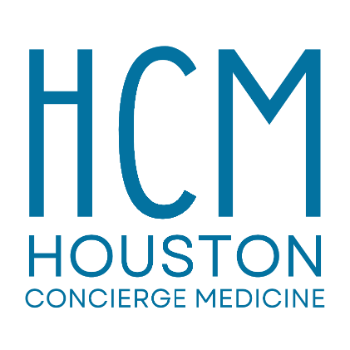Peptide Therapy in Houston, Texas

What is Peptide Therapy?
These essential molecules play a key role in various bodily functions. Most notably, they enhance the healing process, boost metabolism, diminish the visible effects of aging, and support hormone production.

What are the Benefits of Peptide Therapy?
With aging, our cellular production tends to decline, leading to reduced performance and overall health. Peptide therapy offers a safe and effective means to counteract this decline and enhance how our bodies respond to diet and exercise.
By incorporating specific compounds that target performance and well-being, peptide therapy allows us to better navigate the challenges of aging. This treatment can help restore vital functions, boost our performance, and ultimately enhance both our health and appearance.
Our Peptide Therapy Process
PEPTIDE THERAPY PROCESS
Peptide therapy is a personalized and evolving treatment approach, shaped by healthcare professionals who continuously evaluate and adjust the plan to align with the patient’s unique health goals and requirements.
Initial Consultation and Evaluation - Personalizing the Peptide Plan
The peptide therapy process begins with an in-depth consultation with a healthcare provider. During this meeting, the provider reviews the patient’s medical history, current conditions, and health aspirations.
The provider will ask about specific concerns, such as aging, weight loss, or muscle growth, to determine whether peptide therapy is an appropriate solution. This assessment is vital to identify any potential risks or underlying health issues that could affect treatment.
Ongoing Monitoring and Adaptation - Integrating with Other Therapies
As the peptide therapy progresses, consistent monitoring is key. Healthcare providers regularly track the patient's progress, observing any changes in symptoms and evaluating the treatment's effectiveness.
Follow-up appointments and medical testing ensure that the therapy remains safe and on track to achieve the patient’s goals. Adjustments may be made to the treatment plan as needed, such as modifying dosages, changing peptide types, or altering the administration schedule to enhance the therapy’s success.
Peptides for Wellness

Epitalon Benefits:
- Increase lifespan
- Promote deeper sleep
- Prevent age-related diseases such as dementia
- Improve skin health and appearance
- Heal injured and deteriorating muscle cells
- Restore and normalize melatonin levels
CJC-1295 and Ipamorelin Stacking and Benefits:
- Increase HGH production
- Enable muscle tissue to grow
- Increase muscle mass and function
- Improve cognitive skills and memory
- Relieve pain
- Decrease body fat
- Improve injury recovery time
- Improve sleep quality
- Strengthen immune system

GHK-CU Topical and Benefits:
- Tighten thinning and aging skin
- Repair the skin barrier
- Improve firmness, elasticity and clarity of skin
- Smooth skin texture
- Improve pigmentation
- Promote wound healing
- Mitigate damage of free radicals
- Promote hair growth
BPC-157, Known as "Body Protective Compound" Benefits:
- Counteract damage caused by NSAID
- Promote the formation of new blood vessels
- Reduce inflammation
- Enhance tissue repair
Peptides for Cognitive Health

Semax, Known as a Smart Drug or Cognitive Enhancer and Benefits:
- Have a positive impact on mental skills
- Improve memory and mental performance
- Provide focus, alertness, and motivation
- Be used clinically for nervous system ailments
Selank and Benefits:
- Enhance memory and cognitive function
- Reduce anxiety and stress
- Improve mood and sleep
- Boost the immune response
